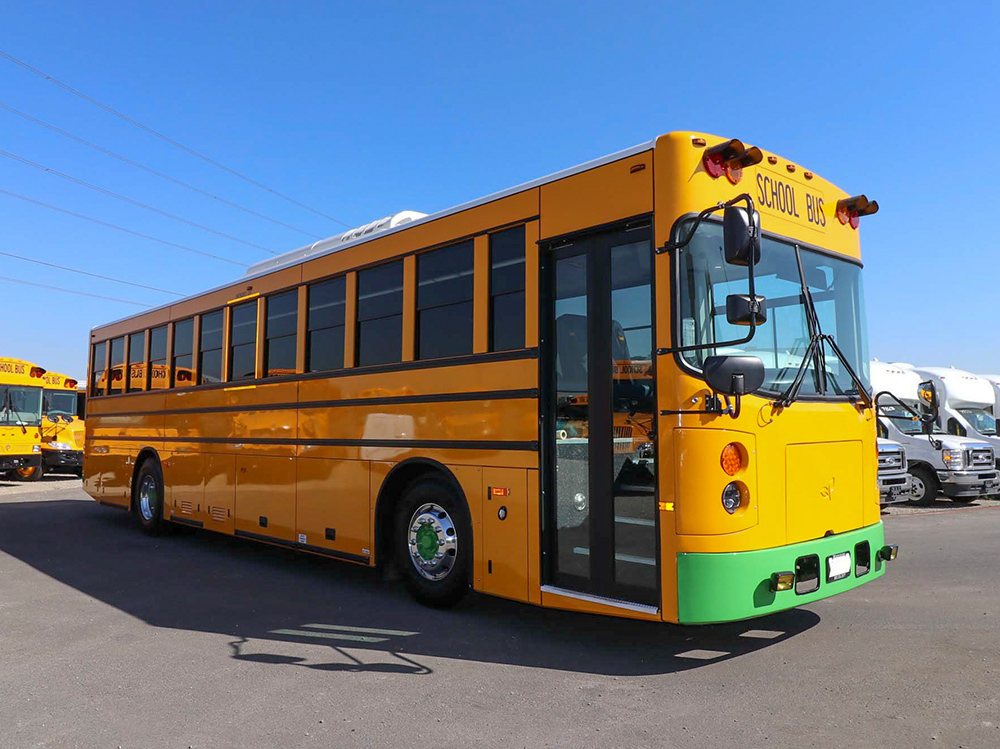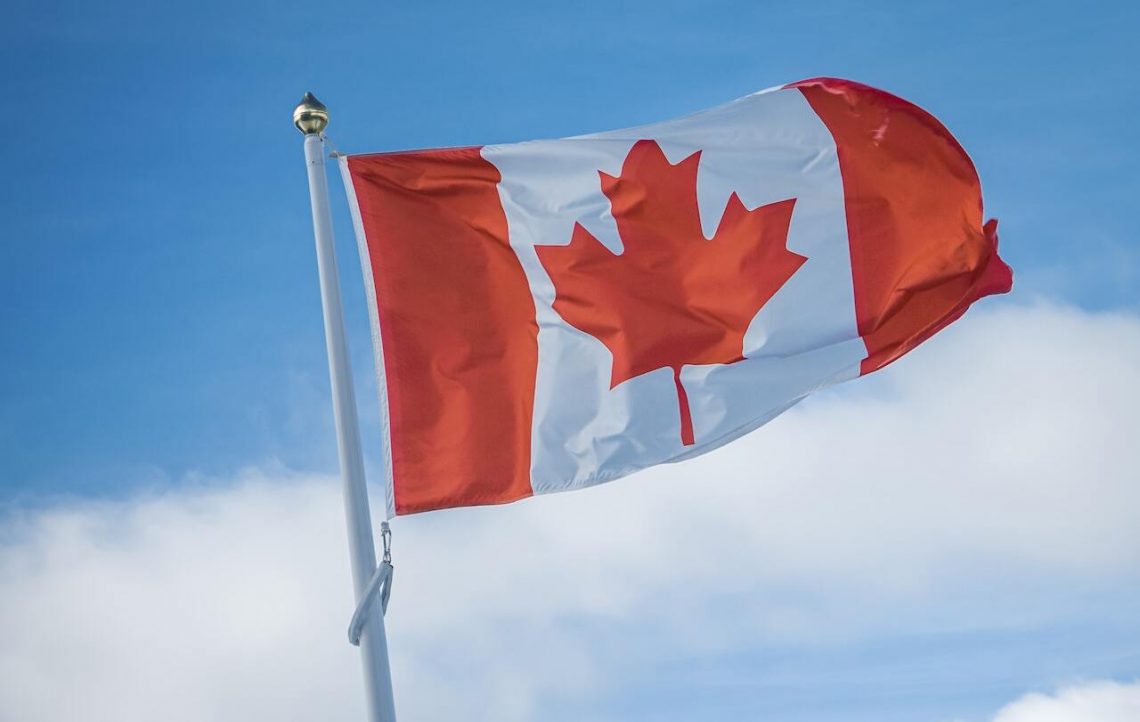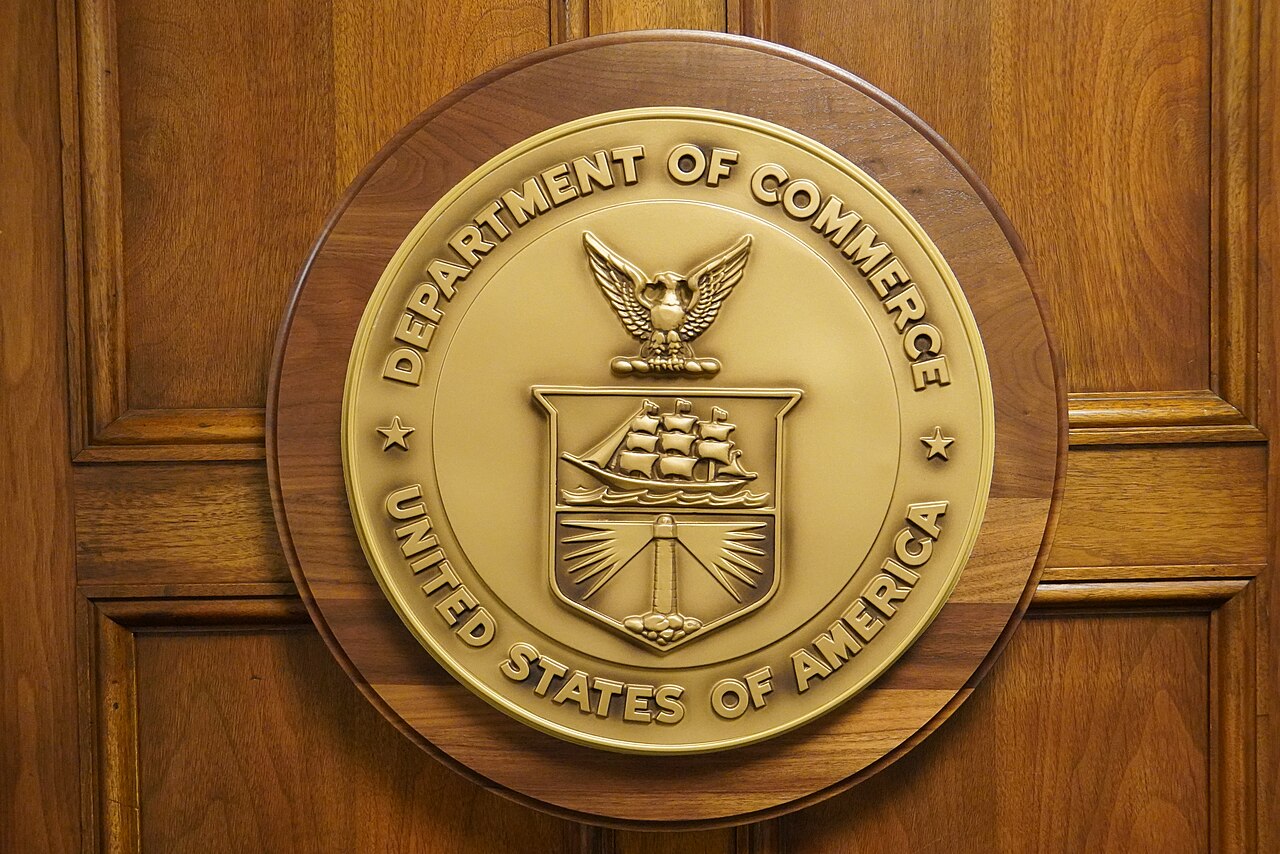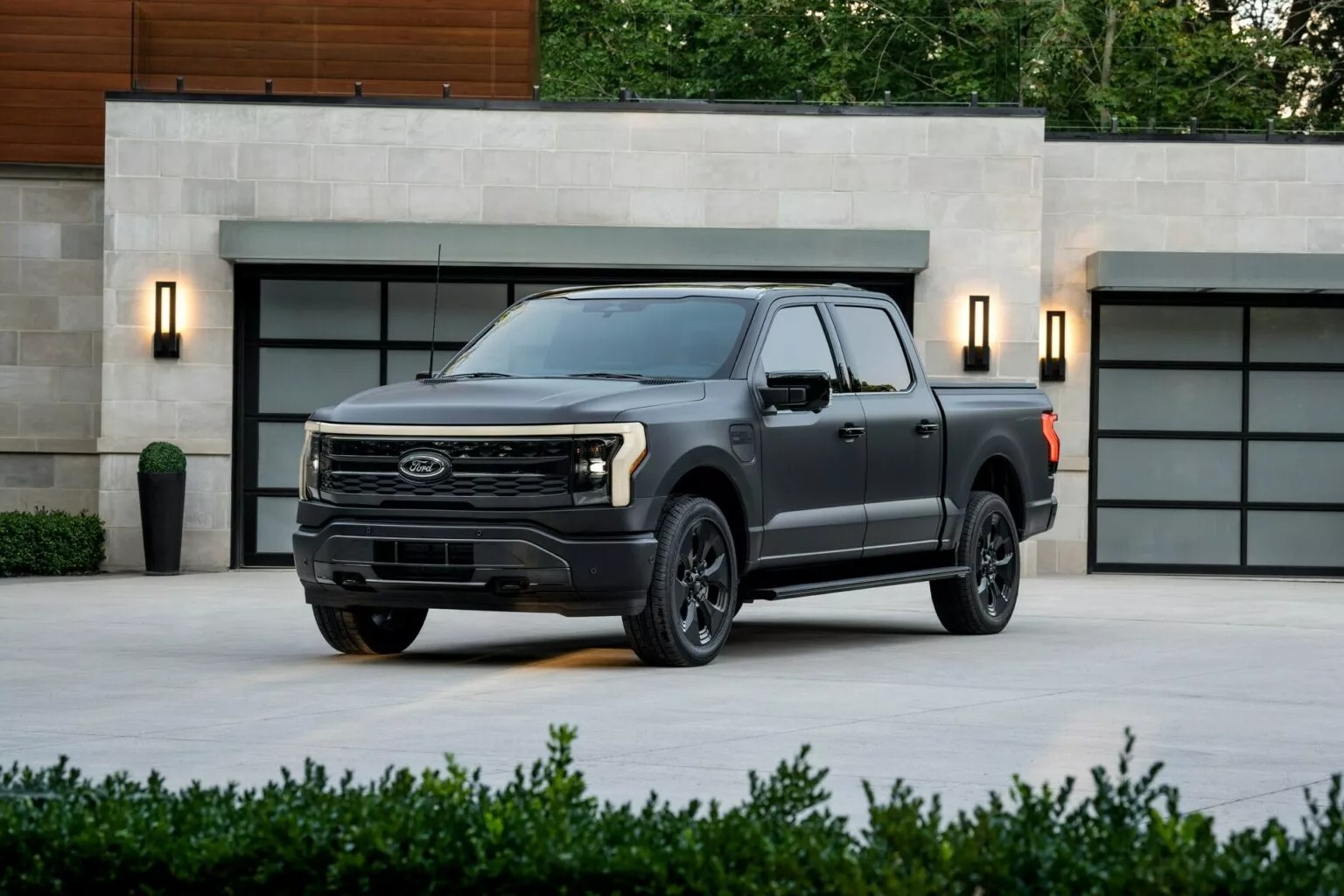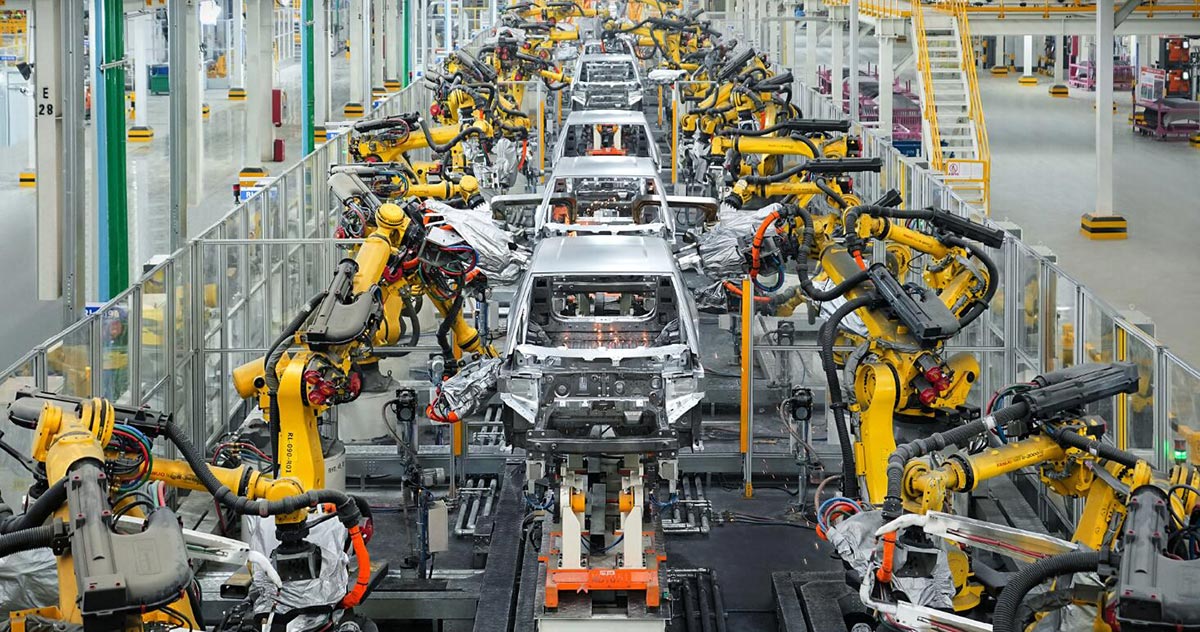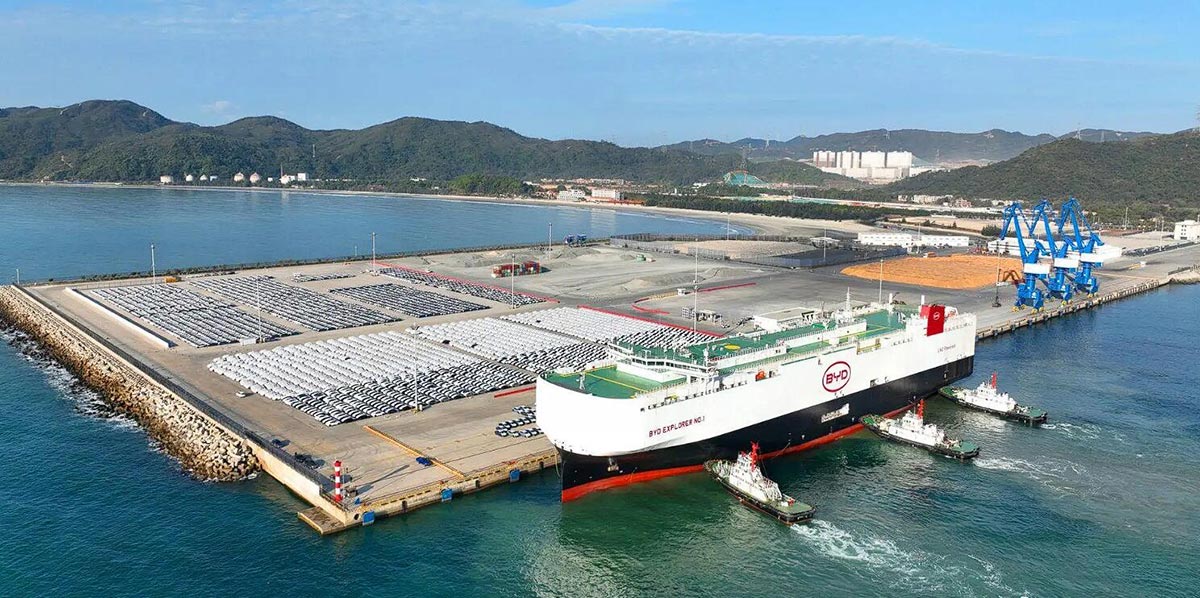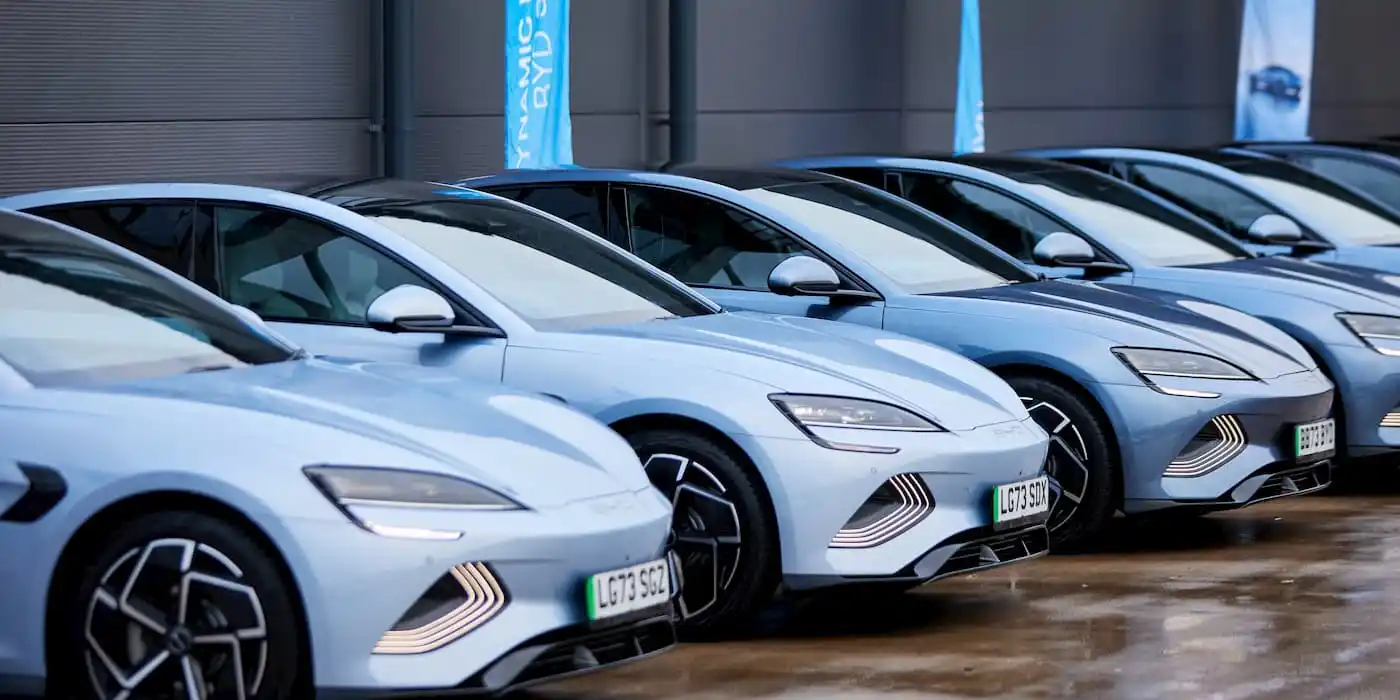The U.S. Environmental Protection Agency (EPA) has announced a new funding opportunity under its Clean School Bus Rebate Program, making up to $965 million available to school districts. This latest round builds on nearly $3 billion in previous investments aimed at improving air quality in and around schools.
To date, the Clean School Bus Program has funded approximately 8,700 bus replacements, with around 95% of those being zero-emission, battery-electric vehicles. Funding has reached nearly 1,300 school districts across almost all 50 states, Washington, D.C., and several federally recognized Tribes and U.S. territories. Many of these funds have been directed to areas serving low-income, rural, and Tribal students.
Applications for this year’s rebate program are due by 4 p.m. EST on January 9, 2025. Districts can request up to $325,000 per bus, with a limit of 50 buses per application, a change made in response to stakeholder feedback aimed at facilitating larger projects for quicker fleet turnover. Funds may cover costs associated with buses and infrastructure for electric school buses, as well as training for bus drivers and electricians.
Selectees may also qualify for tax credits under the Inflation Reduction Act, which offers up to $40,000 for qualifying clean vehicle purchases. The EPA has adjusted funding levels to help bridge the cost gap between clean school buses and traditional diesel models, emphasizing its goal of reducing long-term electric bus expenses.
“EPA will prioritize applications that replace buses serving low-income, rural, and Tribal students,” the agency noted in its announcement. Additionally, large school districts in areas of concentrated poverty can submit documentation to increase their application’s priority for funding.
To assist districts in planning for the integration of electric buses, the EPA is collaborating with the Joint Office of Energy and Transportation (JOET) within the U.S. Department of Energy and the Department of Transportation. The agency offers free technical assistance to applicants through one-on-one meetings and public webinars. They also facilitate connections with local utility providers to support infrastructure planning for electric school bus projects.

